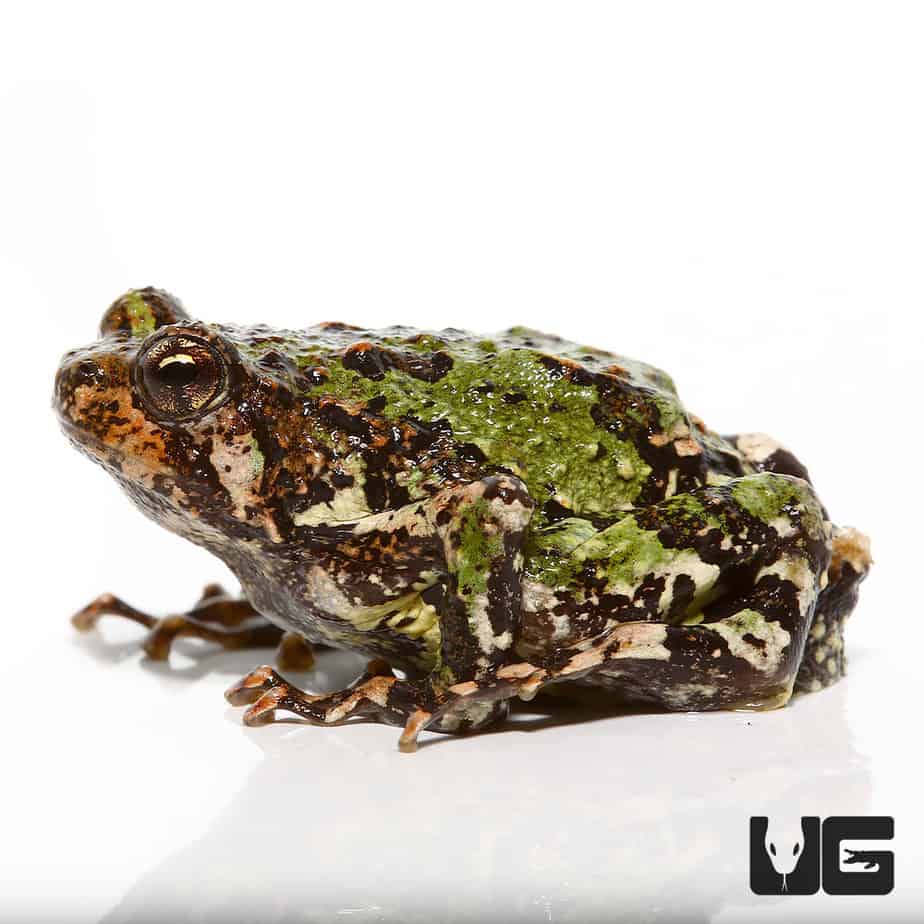Common Wellness Issues in Reptiles: Symptoms and Solutions
In the intricate world of reptile treatment, comprehending the common health and wellness concerns that may affect these unique creatures is vital in guaranteeing their health. Whether it's grappling with parasitical infestations, navigating dehydration worries, or addressing skin conditions that materialize in subtle ways, being attuned to the signs and symptoms and geared up with the expertise of effective options is crucial for any kind of reptile proprietor.
Respiratory System Infections
Respiratory system infections in reptiles can significantly impact their general health and wellness and require punctual interest from knowledgeable veterinarians. These infections are typically triggered by germs, fungis, or infections and can show up with signs such as hissing, nasal discharge, open-mouth breathing, and sleepiness. In reptiles, respiratory system infections can be specifically testing to detect and treat because of their distinct anatomy and physiology. Vets typically depend on a combination of physical assessments, analysis imaging, and laboratory examinations to properly determine the underlying source of the infection.
Treatment for respiratory infections in reptiles commonly includes a combination of encouraging treatment, such as maintaining proper moisture levels and temperature level slopes in the enclosure, as well as targeted drug to address the specific pathogen accountable for the infection. It is important for reptile proprietors to monitor their pets closely for any kind of indicators of respiratory distress and seek veterinary treatment at the earliest indication of a concern. With timely treatment and appropriate treatment, numerous reptiles can recuperate completely from respiratory infections and resume normal activities.

Metabolic Bone Condition
What factors add to the advancement of Metabolic Bone Illness in reptiles?
Metabolic Bone Condition (MBD) in reptiles is primarily created by a lack of correct calcium, phosphorus, and vitamin D3 levels in their diet plan. When reptiles do not get adequate calcium, either with their food or correct UVB exposure for vitamin D3 synthesis, they are at a high threat of developing MBD. Reptiles with diets low in calcium or unbalanced calcium to phosphorus ratios are particularly at risk. In addition, inadequate direct exposure to UVB light protects against reptiles from synthesizing vitamin D3, which is crucial for calcium absorption and bone wellness.
Inadequate humidity degrees can also impact a reptile's ability to metabolize calcium properly. Regular vet exams, appropriate husbandry techniques, and a balanced diet plan are crucial to avoid Metabolic Bone Condition in reptiles.
Parasitic Invasions
Parasitic problems posture a considerable wellness risk to reptiles, affecting their overall health and calling for prompt vet interest. Reptiles can be influenced by various parasites, consisting of termites, ticks, internal worms, and protozoa. These bloodsuckers can cause a series of signs and symptoms, such as weight loss, sleepiness, skin irritability, looseness of the bowels, and also death if left unattended.
One typical bloodsucker discovered in reptiles is the mite, which can create skin anxiety, anemia, and irritability. Ticks are another outside bloodsucker that can trigger and transmit diseases pain to the reptile. Inner bloodsuckers like worms and protozoa can cause digestive concerns, lack of nutrition, description and compromise the reptile's immune system.
To identify a parasitical invasion, a veterinarian may execute fecal examinations, skin scrapings, or blood examinations. Treatment frequently includes deworming drugs, antiparasitic bathrooms, or in severe instances, a hospital stay. Preventative steps such as normal veterinary examinations, proper hygiene, and quarantine procedures for brand-new reptiles can help reduce the danger of parasitical infestations and make certain the wellness of reptile animals.
Dehydration and Hydration Issues
Dehydration in reptiles can substantially impact their health and wellness and health, demanding timely intervention and appropriate hydration monitoring. If left unattended, dehydration can lead to significant health and wellness problems and also be fatal to the reptile.
To stop dehydration, reptile owners should make sure that their family pets have accessibility to clean water in any way times. The water dish should be huge enough for the reptile to take in if needed, particularly for types that take in water with their skin. Additionally, preserving correct humidity levels in the reptile's unit and supplying routine baths can assist stop dehydration.
In situations of dehydration, it is crucial to seek vet care quickly. A veterinarian may provide liquids either by mouth or through injections to rehydrate the reptile. It is necessary to resolve the underlying reason of dehydration to stop reappearance and guarantee the reptile's general wellness.
Skin Disorders

Verdict

Respiratory infections in reptiles can considerably influence their overall health and wellness and call for prompt focus from knowledgeable veterinarians (rain frog for sale). Preventative steps such as normal vet examinations, proper health, and quarantine treatments for brand-new reptiles can assist lessen the danger of parasitic problems and guarantee the well-being of reptile animals
If left untreated, dehydration can lead to serious health and wellness issues and even be fatal to the reptile.
On a Look At This regular basis examining your reptile for any kind of adjustments in skin structure, look, or color can assist in early discovery and therapy of skin conditions, advertising the overall health and wellness and wellness of your scaly buddy. - rain frog for sale
In conclusion, reptiles are prone to numerous health problems such as breathing infections, metabolic bone illness, parasitical infestations, dehydration, and skin conditions.
Comments on “Discover Your Perfect Rain Frog for Sale: Dive into the Globe of Unique Amphibians!”